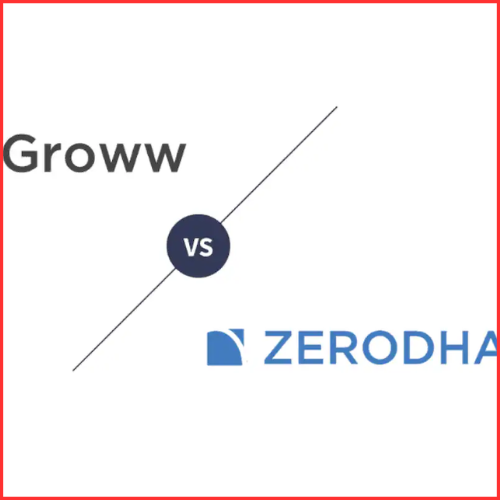As part of a major push toward renewable energy, Indian oil refining giant Reliance Industries on Wednesday unveiled its interchangeable and multipurpose battery storage technology for electric vehicles (EVs).
At a renewable energy expo, Reliance, headed by billionaire Mukesh Ambani, exhibited swappable and replaceable batteries for electric vehicles that can also be used to power home appliances via an inverter.
One battery is intended to be used for both mobility and home appliances, according to firm executives who spoke at the event but asked not to be identified because they were not permitted to speak with the media.
The executives stated that the batteries may be changed at Reliance‘s battery swap stations or recharged by homes using rooftop solar panels, which the company also aims to offer. When the business intended to begin selling these batteries was not made clear by the executives.
Battery storage technology development is a component of Reliance’s larger $10 billion green push for clean energy initiatives. By 2035, the company hopes to become net carbon neutral and reduce reliance on its core oil-to-chemical operation.
The business purchased the UK-based sodium-ion battery manufacturer Faradion and the lithium iron phosphate (LFP) battery manufacturer Lithium Werks for around $200 million each in 2021 and 2022. At the expo, Reliance displayed a battery using an LFP chemistry.
During the event, a company presentation revealed that it is also developing customised batteries for commercial and residential use, intelligent swap stations, and integrated charging networks. The presentation indicated that Reliance will work with EV companies rather than enter the EV manufacturing business.
Reliance was awarded a financial incentive last year to build a 5 GWh battery manufacturing facility as part of India’s $2.4 billion effort to increase domestic battery cell production.
By 2026, the facility will be operational and producing batteries and containerized energy storage systems.
India’s approach for reducing pollution in major cities and achieving its larger climate goals relies heavily on clean auto technologies. Because the batteries are imported, electric vehicles are currently only a small portion of overall sales in India. Another factor is a lack of infrastructure for charging the vehicles.
To lower prices and encourage a wider use of EVs, the government is attempting to encourage swappable batteries.
Additionally, Jio Infocomm, the telecom division of Mukesh Ambani-led Reliance Industries, had raised almost $2 billion, or Rs 16,640 crore, in one of the largest offshore loans in the nation in FY24. The deal that will assist in paying for the telco’s purchases of Nokia 5G equipment was arranged by HSBC as the principal arranger. According to reports, the Finnish credit export agency Finnvera gave a cover in the amount of the same amount to protect Jio’s 5G equipment provider Nokia and the telecom company’s international lenders from potential hazards.















